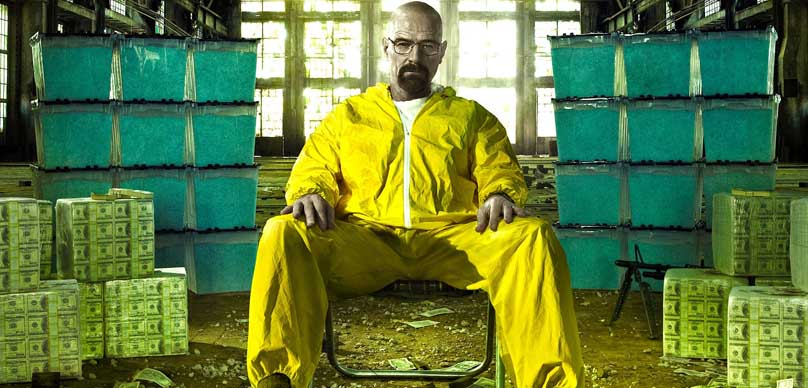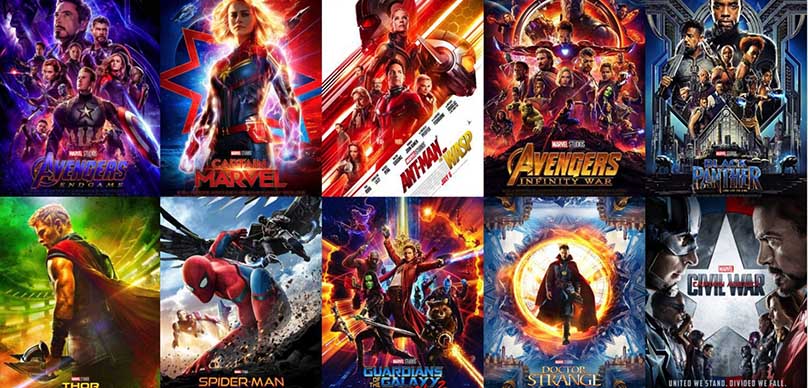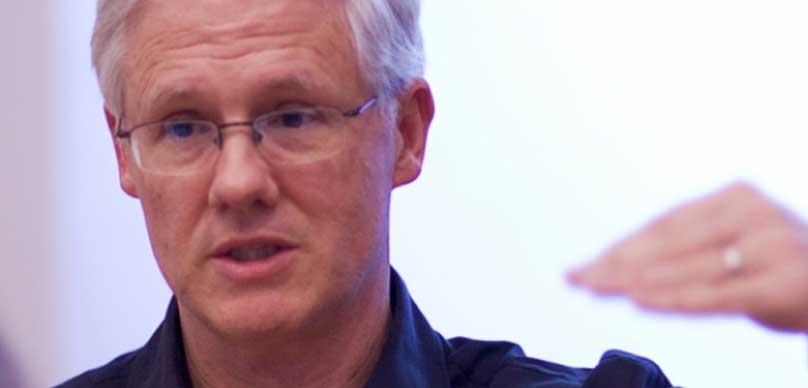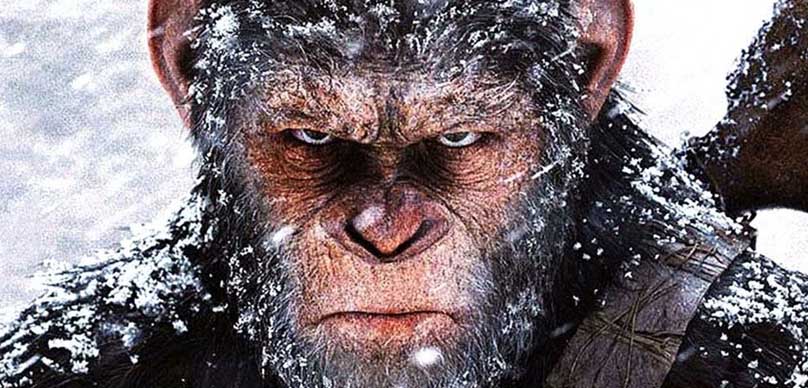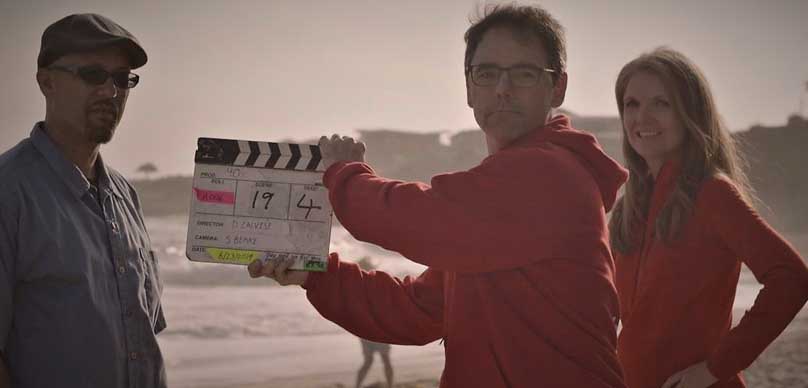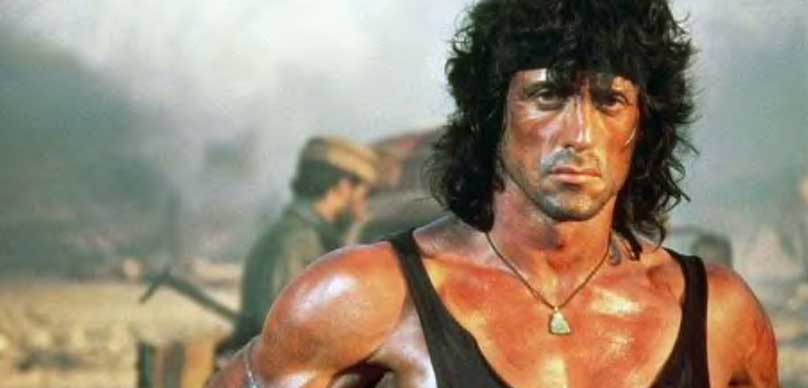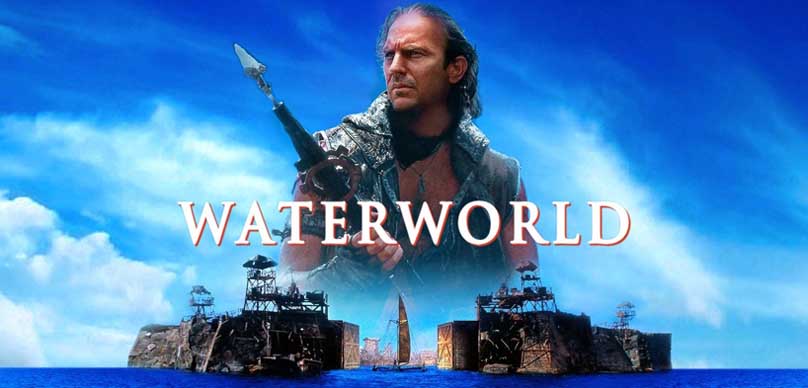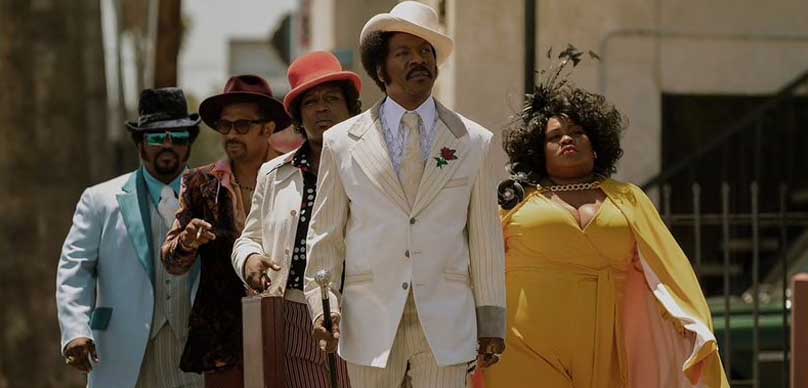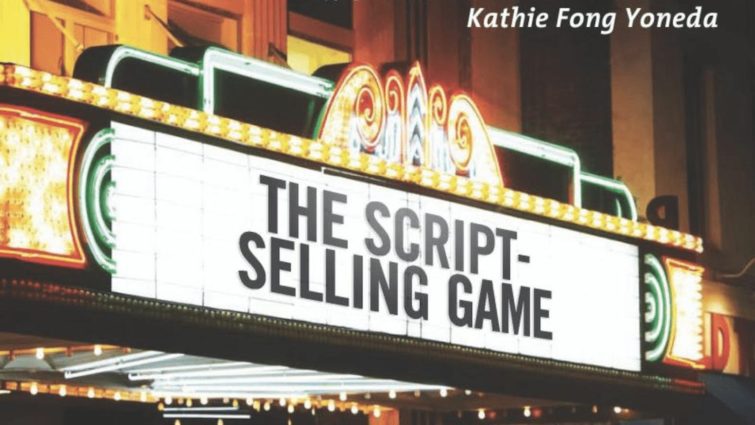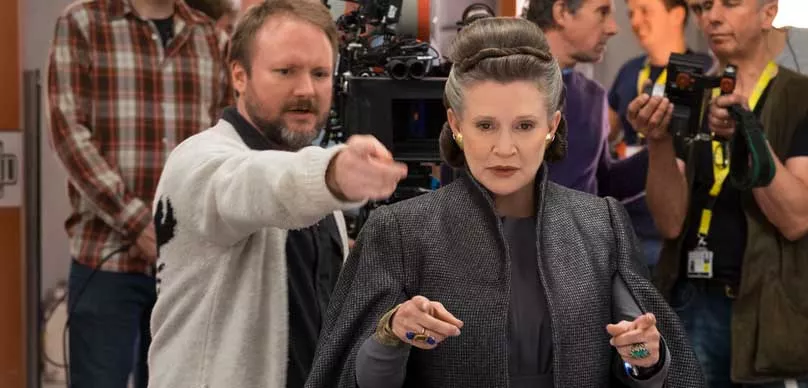Today on the show we have the writer and creator of the legendary film Waterworld Peter Rader. I wanted to bring Peter on the show to discuss what it was like to be a part of one of the biggest budget films in Hollywood history at the time.
After the melting of the polar ice caps, most of the globe is underwater. Some humans have survived, and even fewer still, notably the Mariner (Kevin Costner), have adapted to the ocean by developing gills. A loner by nature, the Mariner reluctantly befriends Helen (Jeanne Tripplehorn) and her young companion, Enola (Tina Majorino), as they escape from a hostile artificial island. Soon the sinister Smokers are pursuing them in the belief that Enola holds the key to finding the mythical Dryland.
For those of you who may not know Waterworld was considered one of the biggest box-office flops in history. The production was plagued with production issues, the script was re-written too many times to count and the budget soars from $100 million to $172 million. The film was a punching bag for the press. Waterworld ended up making $265 million at the box office. That with the revenue generated over the years from television rights, VHS, DVD, special editions Blu-rays the film turned out to be one of the most valuable films in the Universal library.
Where the money machine really gets turned on is from the Waterworld: A Live Sea Stunt Spectacular attraction at Universal Studios Hollywood. The show has been a mainstay at the park for over 20 years, replacing the Miami Vice Stunt Show. The attraction has also been duplicated four other times around the world including Universal Studios Japan and Singapore and has generated Universal hundreds of millions of dollars over the years.
Peter Rader has worked as a film and television writer for 20 years. He has developed numerous projects for other studios, and industry leaders such as Steven Spielberg, Dino De Laurentiis, and John Davis.
He has worked as a cinematographer, editor, and producer on a number of award-winning documentary projects, including AWAKE: The Life of Yogananda, which THE GUARDIAN dubbed the Indie sleeper hit of 2014, following its extensive worldwide theatrical run.
Peter was raw and candid with me about his amazing journey with Waterworld, which is celebrating its 25-year anniversary this year, and his other Hollywood adventures. Enjoy my eye-opening conversation with Peter Rader.
Right-click here to download the MP3

